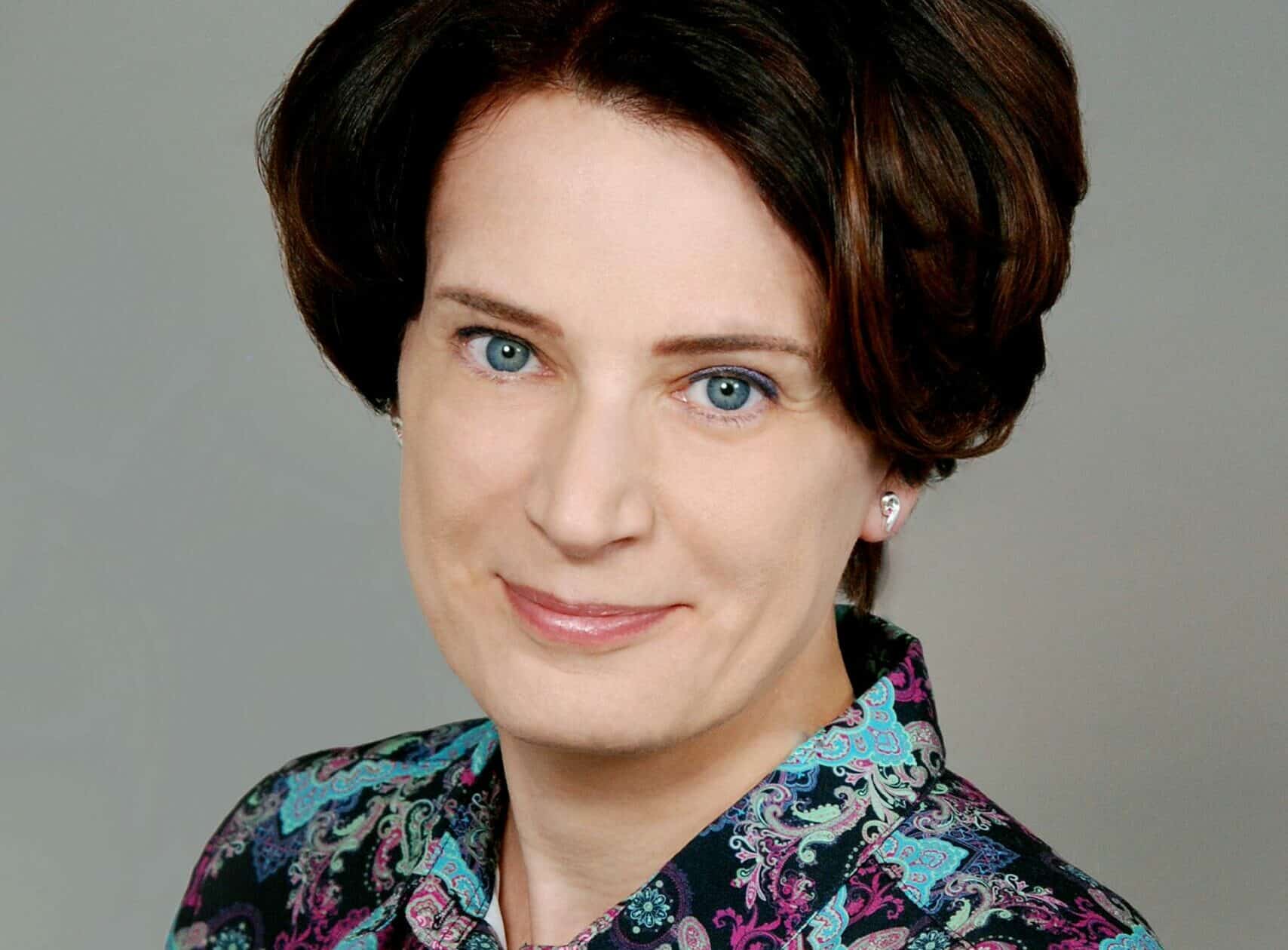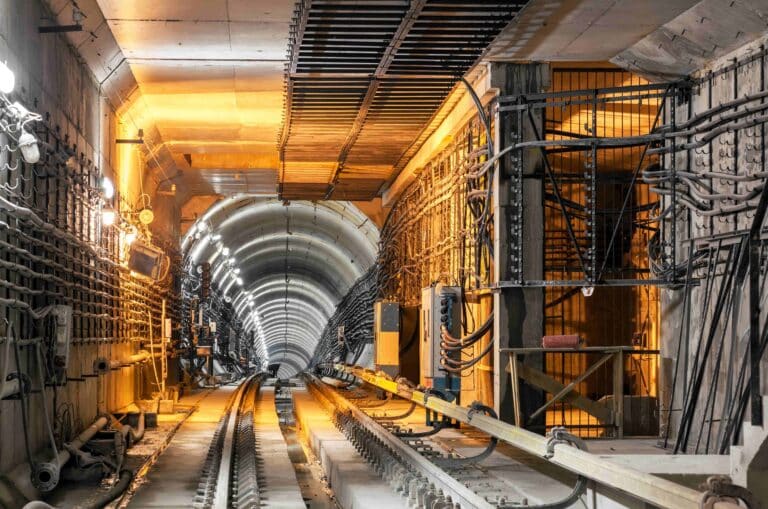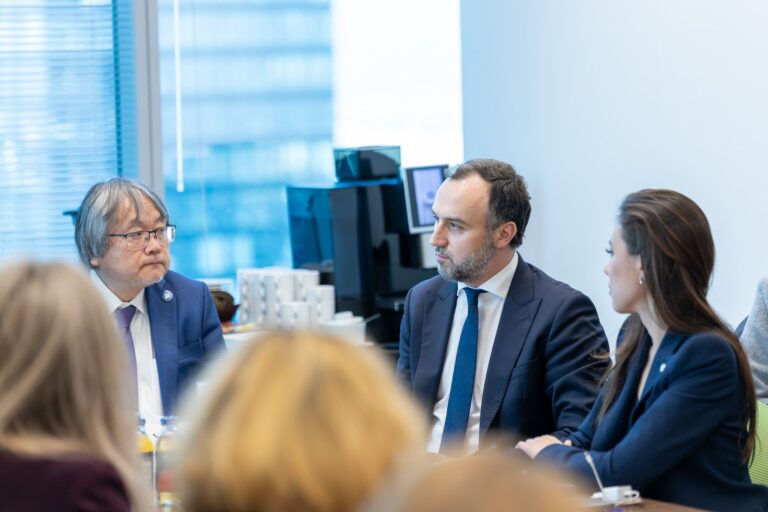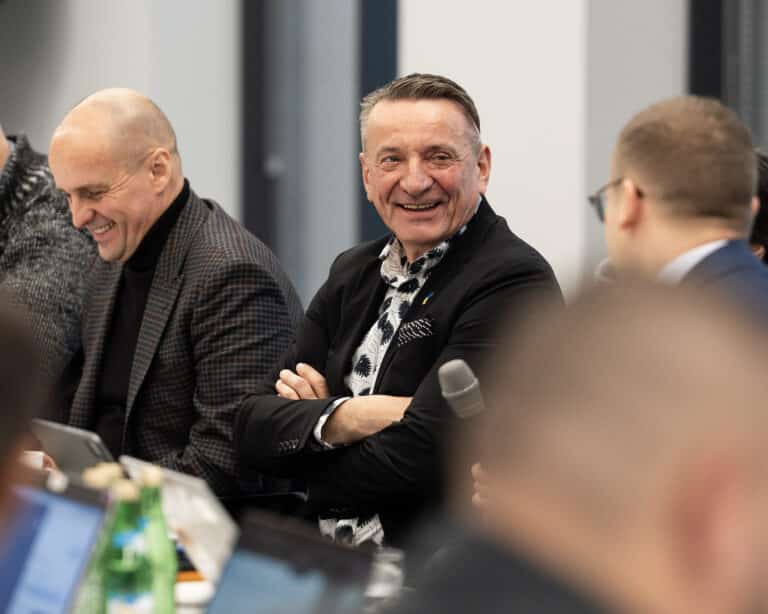Decoupling, nearshoring, reshoring
Sylwia Ziemacka talked to Jana Pieriegud, professor at the Warsaw School of Economics, Institute of Infrastructure, Transport and Mobility, and an expert in transport and logistics. We talk about deglobalization, decoupling and other trends that are impacting global supply chains and the Polish market.
How would you define the current situation when it comes to the global supply chain? Which geopolitical or economic events are reshaping the market?
Global chains are affected by many factors: economic, social, environmental, geopolitical, technological. What has complicated the current situation extremely is in my opinion due to a number of reasons.
First of all, this is a mix of older risks and trends (like inflation, trade wars) and also newcomers. The latest 2023 Global Risks Report prepared and discussed by the World Economic Forum points to a new era of low growth, de-globalization and low global investment trend and the growing pressure of climate change.
The next key factor is that geopolitics took dominance over geoeconomics.
Also, geopolitical fragmentation will further fuel geo-economic confrontations and increase the risk of conflict in many areas.
So, Poland is already experiencing the influence of this mix of factors.
We know the dilemma today is how to support, for example, Ukraine and at the same time support Polish farmers and road carriers.
Decoupling and shrinking of supply chains is one of these keywords in logistics. Can you explain to us what it means for Poland?
The global risks we discussed lead to disruptions in supply chains and to the search for new industrial and trade policies.
That is why we focus so much today on outsourcing and collaboration strategies in supply networks such as:
• reshoring – the practice of moving a business or part of a business that was based in a different country back to its original country.
• nearshoring – bringing manufacturing plants closer to markets which are less expensive but geographically closer.
• and friendshoring – rerouting of supply chains to countries perceived as politically and economically safe or low-risk, to avoid disruption to the flow of business.
Decoupling and shortening (shrinking) supply chains is a trend that intensified during the pandemic, which disrupted supply chains, in particular preventing the supply of certain components.
However, globalization with offshoring is a megatrend, and the global network has been shaping for more than 30 years. The structure of supply chains, based on second- and third-tier sub-suppliers is common. We have very extensive and interconnected networks.
Nearshoring and friendshoring are important for our region, because companies have already started to rebuild their supply chains. However, this process will not be fast nor cheap.
Also a question: are we – consumers in Europe and Poland – ready to pay more for the products “made in Europe” or “made in Poland”, which are sustainable, certified and of high quality?
The transport and logistics costs are always a part of the final price of a product.
There are a lot of components and a lot of factors we need to take into account. We are talking here about long term perspectives and strategies, about decisions made by global corporations and about the decisions of governments in different countries.
But on top of that we also have to keep in mind events like Covid 19, which cause huge disruption in the supply chain.
This was the real reason why a lot of production moved closer to the end consumer. So it’s about finding a balance between changing strategy and remaining cost effective, which means looking for markets.
So probably the next trend after those mentioned already is diversification, as today it’s foolhardy to put all one’s eggs in one basket. Correct?
Yes, I think in the next two years multi-sourcing will be one of the key strategies for companies to look at. This means that companies will use multiple chains. This helps to be flexible in different situations. Current events show that there is a risk when building a supply chain and logistics based on one supplier. It also refers to transportation routes and corridors.
Let’s come back to the environmental impact. How does it play out in terms of the European market? On the one hand we talk about being closer to the customer. Then we talk about being cost effective and reorganization of the supply chain. But, as far as I know, the cotton used for the T-shirts we are using circulates all over the world before I buy it in a shop as the final product.
Yeah, this is a big challenge for companies, how to meet the expectations to be green, zero-emission and low cost, and at the same time cost effective and resilient. It’s difficult and the disparities in the approach to environmental issues in the EU and China are huge.
At the end of the day, consumer behavior will have a huge impact on those strategies. We will shortly see how these declarations about environmental life work in practice. I remember one World Economic Forum expert asking on the logistics event, do we need to eat strawberries in the winter? So it’s also about how global and how local we will stay in this new reality?
Yes, to change or to shape new consumer behavior takes time. But what is also worth mentioning is that technological trends that we are observing are many times faster than economic and social ones. For example, learning to adapt to car sharing. The same with new business models like mobility as a service, freight as a service.
There are already many technologies available, but still they are very expensive and/or we are not ready to use them as users, even though we know they work and they can help solve some current problems.
Can you give as an example in logistics of this type of innovative solution that is in place but not widely used in the market?
For example, a commonly known innovation is containerization. It’s been known for 67 years. As an idea it is not new, but only recently are we observing the increased use of this technology in Poland and between Asia and Europe. Costs are still a barrier. But this technology helps companies to be quick both in transshipment and transportation. Incentive tools are needed to encourage wider use and scale-up.
That leads us to another topic about market regulations.
As the European Union, we are going to harmonize, to unify processes, markets, and also to give these conditions for fair competitions both within the rail market, but above all between road and rail transport. We have a lot to do here.
I would like to come back a little bit to the ratings I mentioned earlier. According to Maersk and Reuters Events, Poland is number four as the most attractive single country when it comes to the relocation of production of supplies. Also according to the World Bank Logistics Performance Index, Poland is 28 or in 160 countries. What is behind such a high position?
The growing positive approach of large company managers to reshoring is good news, but the key will be the conditions for doing business: both the impediments to setting up and running a business and the incentives, tools to support investment.
However, these are changes we can expect in the long term, for which decisions are needed at both the government level and global concerns. This is a big geopolitical and geoeconomics game.
The process of deglobalization will be neither fast nor cheap. One factor is labor costs. In Europe we have much higher labor costs than in the so-called low-cost countries.
Are we as consumers willing to pay for Made in Europe, made in Poland, eco, green, certified, sustainable, resilient, low emission? It is not cheap.
I think multisourcing and friendshoring strategies will be important in the CEE region and will affect Poland, Ukraine and neighboring countries.
Recently you participated in several logistics conferences organized in Poland by different entities also from outside of our country. What are the main takeaways?
My first takeaway is that infrastructure development should be the priority. Also where to expand the capacity of border crossings and intermodal terminals to support trade exchange. Because of disruption in supply chains, we need to improve very fast, but at the same time we know that it’s not possible to create transport and logistics infrastructure in the short term.
Also what was mentioned at the recent conferences, is the fact that some administrative decisions on the governmental level, are often based on outdated data. Reliable data and analysis are also essential for companies to change and develop their supply strategies.
What are the biggest differences and in which aspect, from what you heard at those different conferences?
I think one very important thing and it was a very clear message from the Ukrainian side during the RailFreight Summit that took place in Warsaw in April that Ukrainian managers said they don’t understand the decisions of the Polish government. This shows us the different perspectives that we need to take into account. These misunderstandings appear on different sides: Poland, Ukraine and the EU.
Logistics is the art of flexibility and consensus. That would be my summary of our interview.







